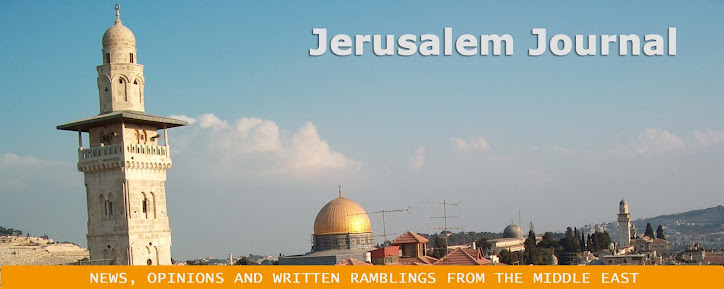While CIA Director Michael Hayden said last week that al-Qaida was still the largest threat to the United States, intelligence analysts warn that the Shiite organization, Hizballah, should not be underestimated, according to Olivier Guitta writing in The Middle East Times yesterday:
Pre Sept. 11, 2001, Hizballah was the organization believed to be responsible for the deaths of the largest number of Americans killed in terrorist attacks. Former Deputy Secretary of State Richard Armitage called Hizballah "the A-team of terrorists, while al-Qaida may actually be the B-team."
...Hizballah is believed to maintain a vast network of operatives across the world; from Europe to Africa to the Middle East, to Latin America and even North America.
...Europe presents other possible targets. Counterterrorism officials, especially in Europe, are sometimes privately more concerned by Hizballah than al-Qaida. Intelligence officials say that infiltrating the movement is almost impossible, mostly because of the lack of a large Shiite population on the continent, and when compared to Intel on Sunni terrorist groups, European law enforcement officials say they are almost blind.
The Middle East remains the region where Hizballah can inflict the most damage to the West. Being clearly in command in Lebanon, UNIFlL forces in southern Lebanon remains vulnerable to attacks.
Hizballah's arsenal is impressive and includes some 40,000 rockets that have been supplied by Iran, Syria and Eastern European countries. These weapons could also end up in the hands of the insurgents in Iraq.
The article goes on to say that Hizballah has a vast fund-raising operation, an extensive network of operatives on American soil and an "ongoing capability to launch terrorist attacks within the United States," according to then-CIA Director George Tenet.



